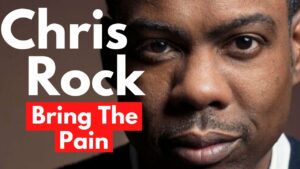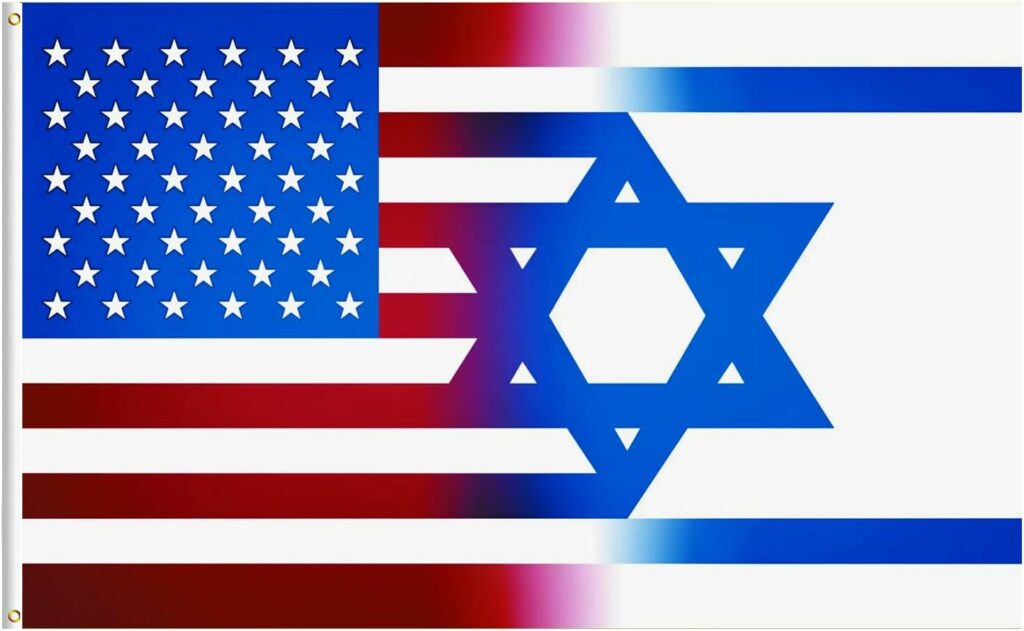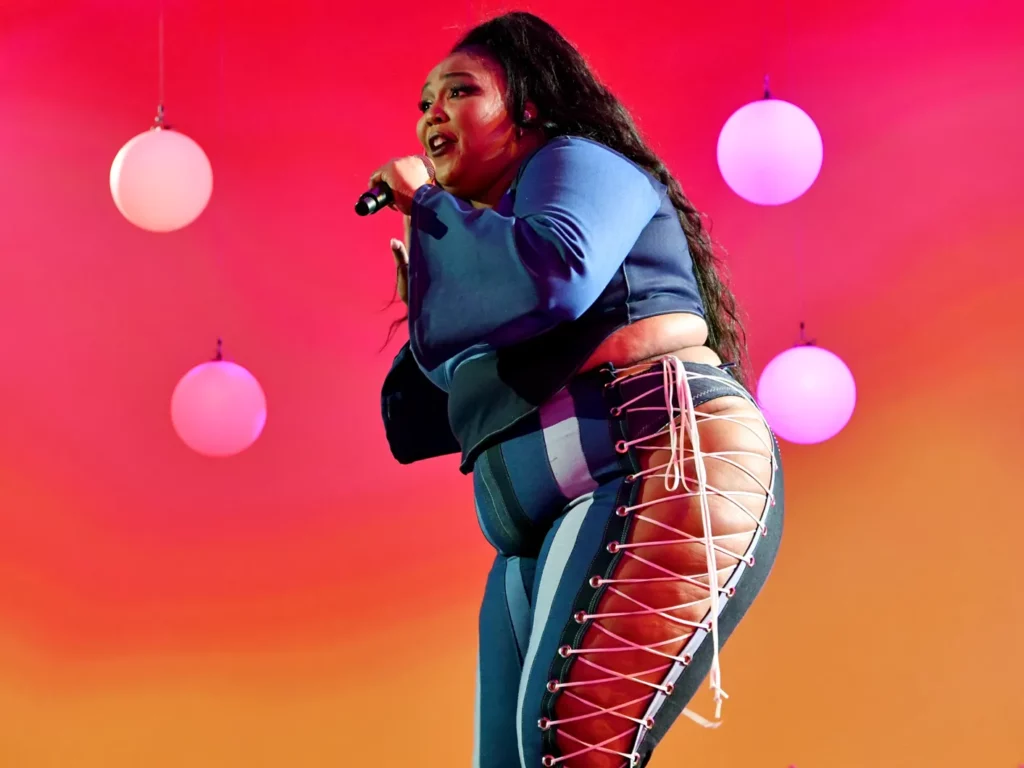In his 1996 comedy special ‘Bring the Pain’, Comedian Chris Rock joked, “. . . there is a civil war in the Black Community. There’s Black people, and there’s n****rs . . . n****rs have got to go.” The mostly black audience roared, roared in a way that we all knew when we heard it Chris Rock had spoken a silent truth.
war in the Black Community. There’s Black people, and there’s n****rs . . . n****rs have got to go.” The mostly black audience roared, roared in a way that we all knew when we heard it Chris Rock had spoken a silent truth.
Black culture is now synonymous with street culture. Street culture, for all intents and purposes, IS Black culture. The two are inseparable, forever tied. No matter where one turns, the daily expression of blackness will always be influenced by the ghetto, by the violent streets. Examination of any corner of Black life reveals that the rebelliousness of the street is now tied to being revolutionary. The most prominent voices of revolutionary blackness today are entertainers and athletes, particularly those who are ‘for them streets’. They have tied the culture of the ghetto to their promotion of blackness.
To practice one, you must practice the other. Conversely, the black person not immersed in ghetto/street/Hip Hop culture is an apostate. His or her blackness is either defective or incomplete.
Chris Rock’s observation was too late, even back then. That war is over.
Black people lost. And now are lost.
There is not a segment of the Black existence that if not destroyed by street culture, has not been fully taken over or at least heavily influenced. Our language, daily interaction, collectiveness (or lack thereof), education, fashion, business, every aspect of a Black person’s existence from sun-up to beyond sun down, every bit of our lives is now undercut by the seductive counter-culture of the ghetto, to the extent that if one is not pro-street culture they are also simultaneously not pro-black.
Losing a war is devastating. For Black America, this is the civil war that we lost.
Street culture has always existed, it was always present, but the culture of the hoodlum was separate. Hoods lived on the fringes and swept up those who looked for it in unseen corners of ghetto life. But once it was given admission to daylight, through a campaign of media romanticization, the lure of the streets became irresistible. It has conquered mainstream culture, through what I describe as an accidental and unplanned campaign.
- The ‘black exploitation’ film. Through the sixties and seventies, for the first time, Blacks were not just in films as props for a ‘white’ storyline. The most popular stories being told on screen led off with drugs, pimps, gangsters and poverty–the legitimizing of ghetto life. Films and television with more forward thinking and positive storylines were promoted, but the street hustle story was most popular.
- The proliferation of drugs and gangs in the Black Community. Whether this was planned externally, or just a natural evolution of criminal endeavor due to lack of economic opportunity, the black community (in my opinion) was extremely complicit in its involvement. Drugs destroyed not just the user but the seller; addicts ruined their lives and those around them, while pushers self-justified their activity and warped the community logic. In the ghetto that was now vacant of the men who guide a community, street gangs stepped in with a new counterculture.
- Hip Hop music arrived, birthed by the marriage of the two parents above. HIP HOP DID NOT CREATE STREET CULTURE OR GANGS. HIP HOP ROMANTICIZED STREET CULTURE AND GANGS. The new art form, a mixture of revolutionary street poetry and party anthems, was often financed by crime and/or drug crews. The unorganized early days of rap music enabled the street hustle economy to use the virgin art form as a vehicle to clean their illegal money.
- Ghetto culture normalized in sports: “. . . I’m still ghetto. That’s not going to change. I’m never going to change my culture. Yao has played with a lot of black players, but I don’t think he’s ever played with a black player that really represents his culture as much as I represent my culture.” (Ron Artest after Yao Ming learned of Artest’s possible trade to MIng’s team. These comments were in reference to Ron Artest’s charging and punching fans in the stands during a brawl at a Pistons/Pacers game.)
For a very long time, the law enforcement structure and justice system in this nation treated all Blacks as hoodlums or their accomplices. That bias caused . . .
Blacks, in opposite fashion, to accept every accused hoodlum as a victim of police misconduct and a civil rights martyr. That bias (on the part of Blacks) caused . . .
The acceptance of street culture as unfairly targeted due to its proximity to Black life. Thus, we unwisely showed empathy toward the street lifestyle. After the empathy came tolerance, then acceptance, then preference, and now glorification/romanticization.
If you denounce street culture, you will be standing on the same side of the racial battle as our perceived oppressors, such as the police. For any self-respecting Black person that is unthinkable.
(The above use of the word ‘perceived’ was not a mistake)
Our flag is planted on the hilltop of ‘the streets’ by the thugs that I’d always believed the black community would ‘get over’. Maybe my mother was right: “In their minds, they are perfectly FINE. To them, they think, there’s nothing wrong with them, that there’s something wrong with YOU.” Her eyes brightened with an accompanying grin, “They want to know, why aren’t YOU like US?”
And that is why I admit defeat: Black people don’t want to change: “we’re fine the way we are.”
The Black Civil War is over. Black people lost.
Research:
The Man Behind Death Row Records – Michael “Harry O” Harris
Capone n Noreaga Rappers named themselves after Al Capone and Manuel Norieaga
Artest: I’m excited about joining Rockets — if Yao wants me
Savannah, GA Rapper Respekk Among 29 Charged in Federal Drug Trafficking Ring
Hip-Hop Drug Lord Kenneth ‘Supreme’ McGriff Gets Life Without Parole for Slayings.




Well done, Conrad!